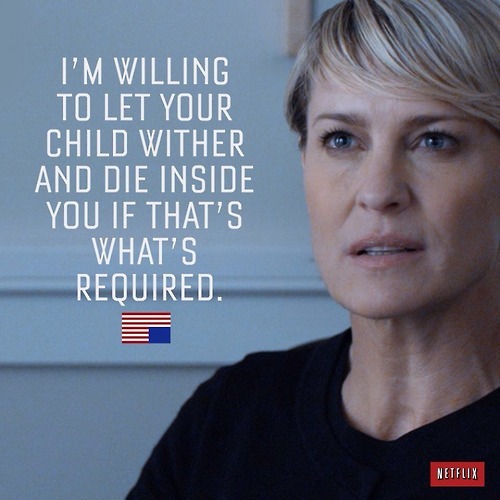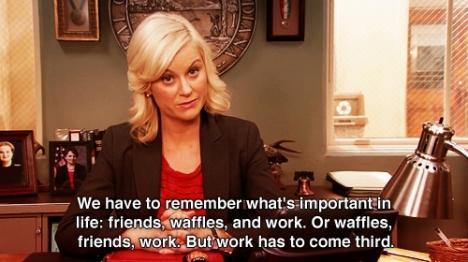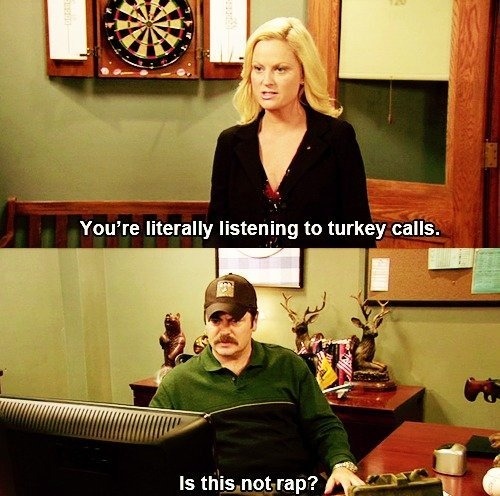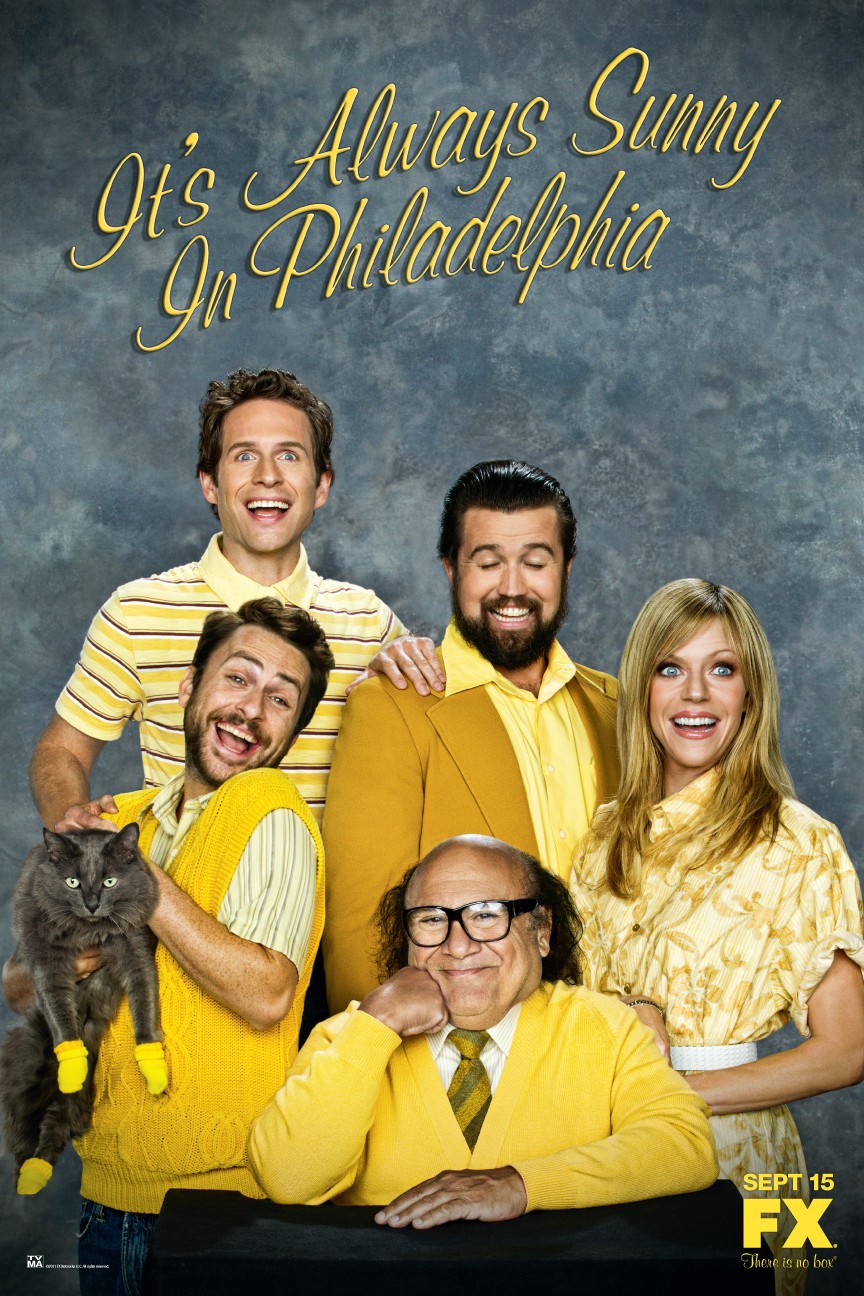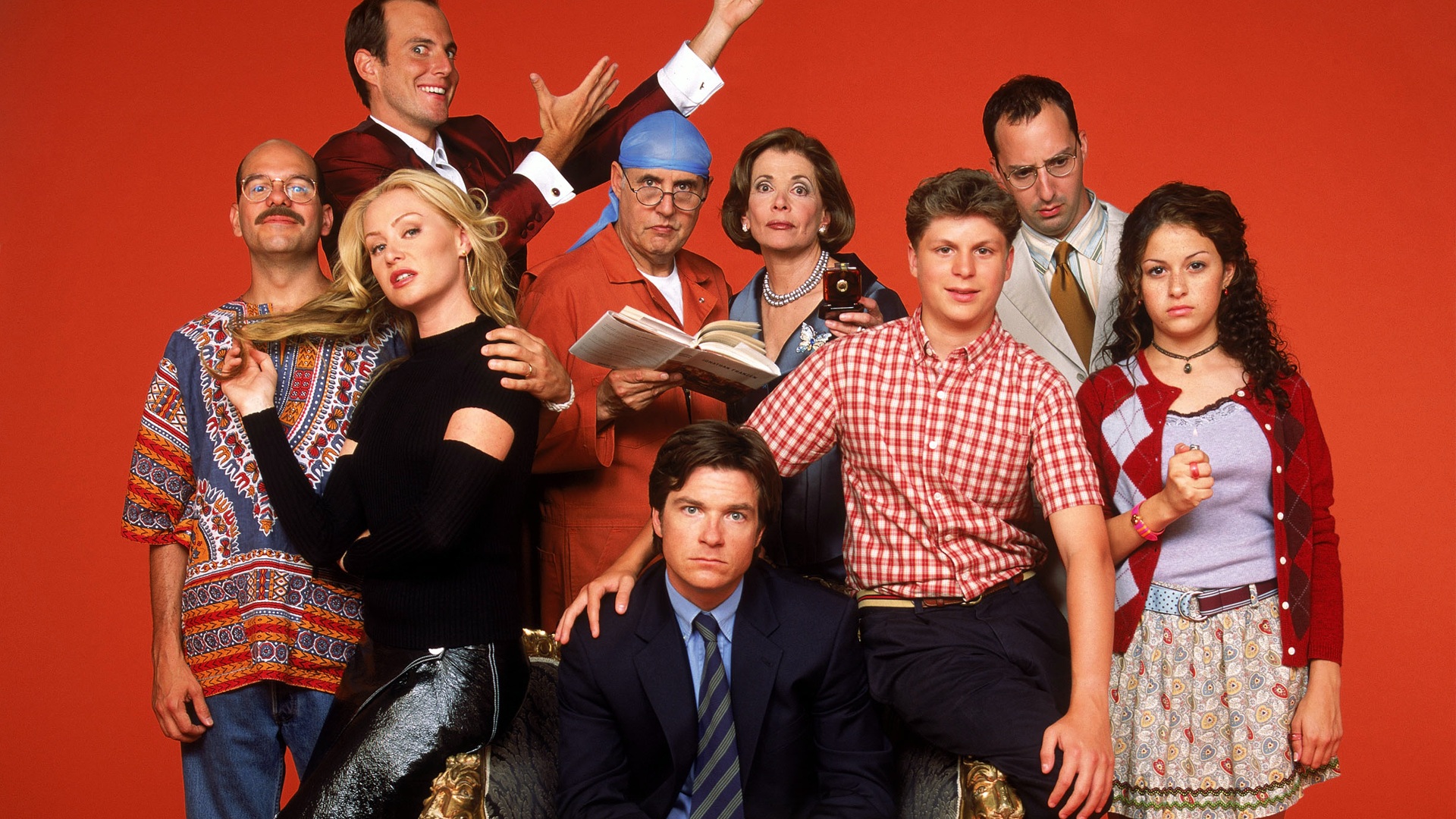Last night, I attended a deliberation entitled “Get Schooled: Is College Really Worth It?”. The deliberation was very interesting, and provided valuable insight into how I should present at my own deliberation. I was focused primarily on the way the approach teams presented their information, as that is most relevant to me, however I also found the other team’s presentations interesting and informative.
To begin, Team Overview explained the rules of a deliberation, which I thought was a very important step in the introduction of the topic. They also explained the topic and what was to be discussed. They then introduced the first approach team, who took the stage next. The approach teams at this deliberation did not go very in depth when explaining their solutions, however. I found this odd, as I spent a lot of time researching and compiling my research into an understandable and succinct presentation of the information for the people present at the deliberation. Instead of presenting their approach and solution, however, the presenters at this deliberation simply directed the participants to their issue guide and began the deliberation. They did not even read the guiding questions from the guide. I understand this saved time, however I would have liked some presentation, just to help frame each approach a little more, as the resulting discussion felt vague to me. I now see the value of presenting the solutions at my own deliberation.
I thought the discussion felt unfocused and broad at times, with the same points being made and the same topics being discussed in each approach. This did allow for in-depth discussion of the specific topics being discussed, but did not lead to wide range of discussion. I honestly do not know if we discussed the solutions under each approach, as they were never clearly laid out. I know this may have been a strategic choice by the leaders of this deliberation, and I understand why they may have wanted to let the discussion go where it may within each broad approach. It did allow for freedom and free discussion. However, I like to have specifics and directions, and especially after preparing my own presentation specifically discussing each approach it felt odd to not have each solution clearly and specifically laid out. Also, the lack of explicitly stated framing questions was odd to me, due to the emphasis on them within my own deliberation, though I know this was also most likely a strategic and deliberate choice by this deliberation team. This experience opened my eyes to the importance of clear framing questions to help guide the deliberation, and led me to review some of my own in order to improve them.
Also, the issue guide at this deliberation was much more extensive and lengthy than the one my team has prepared. It is five pages long, with the introduction, each approach, and the conclusion each having their own page. This was helpful, because the approach teams did not speak deeply about their topic, but was also slightly overwhelming. It was nice to have all the information in front of you to reference, though.
During the discussion of the approaches I also noticed a few people dominating the conversation, and gained an appreciation for how difficult and somewhat awkward it is for the moderator to try to steer the conversation towards other participants. That is not an easy or comfortable task to accomplish. After each approach team went, Team Summary took the stage. They did a very nice job of summarizing the points made during the deliberation.
Overall, I found attending another deliberation very informative and helpful. I was able to see what worked and what did not, and now can apply what I learned to my own deliberation. I now see the importance of presenting my approach and solutions clearly, and asking straightforward framing questions.


